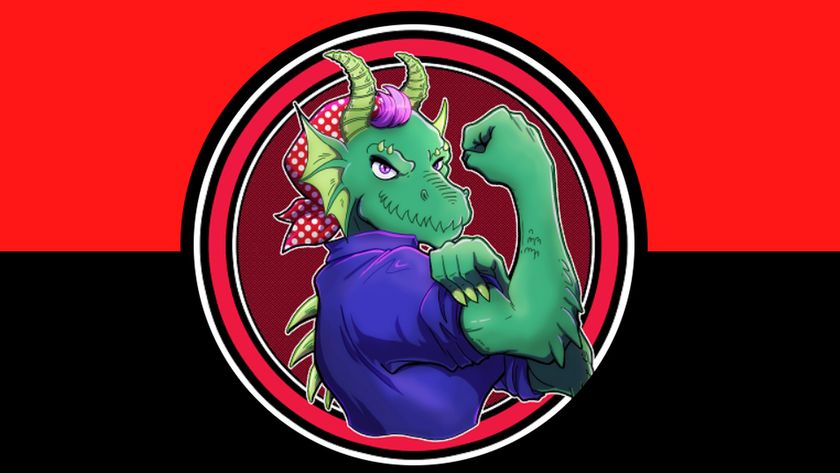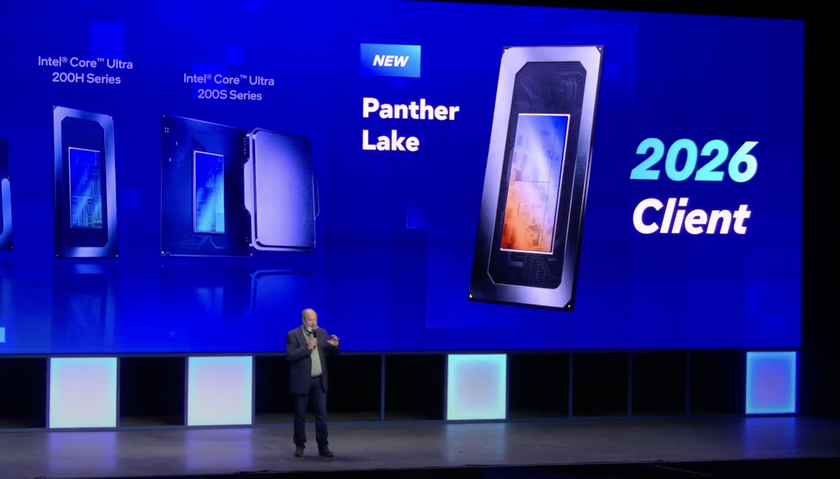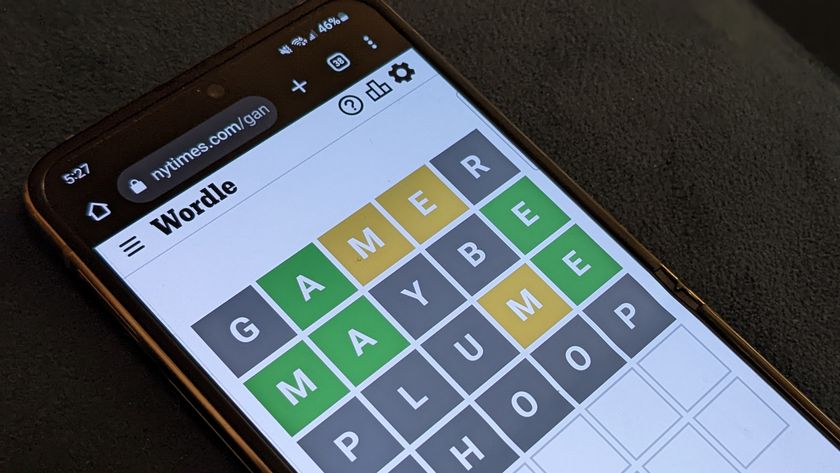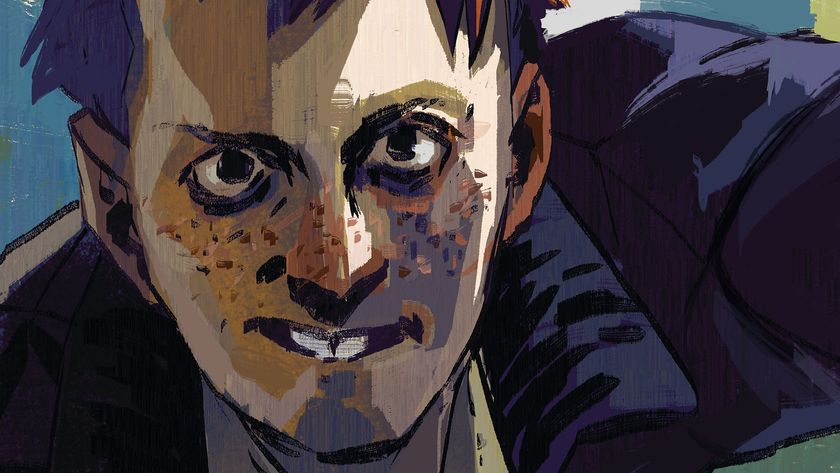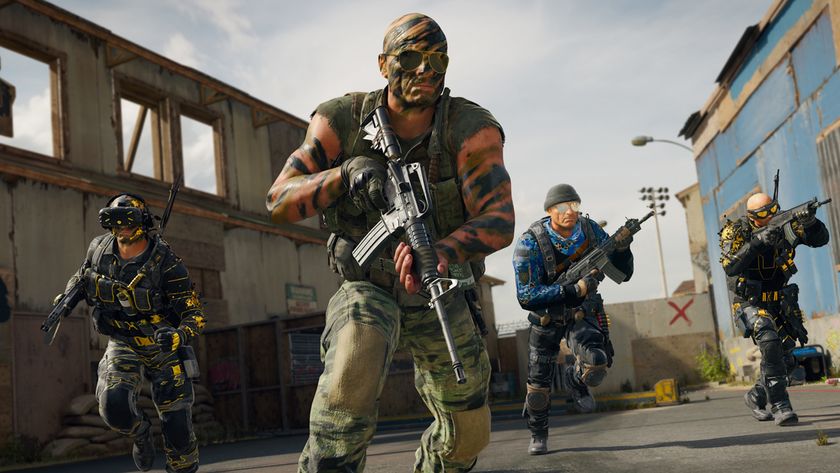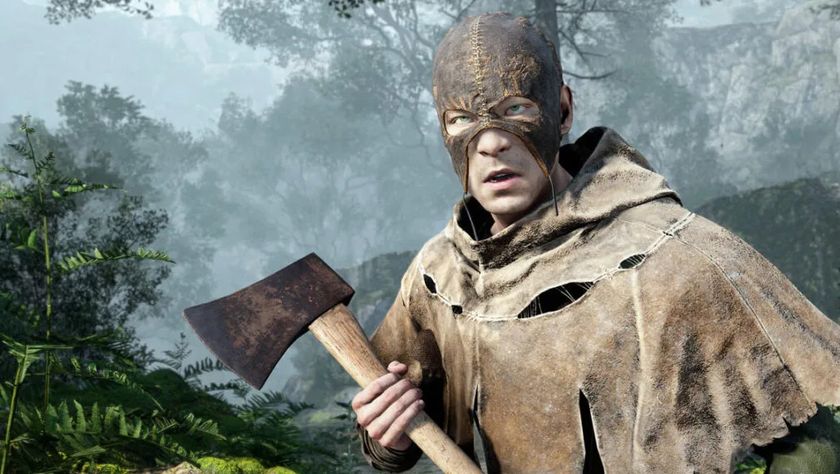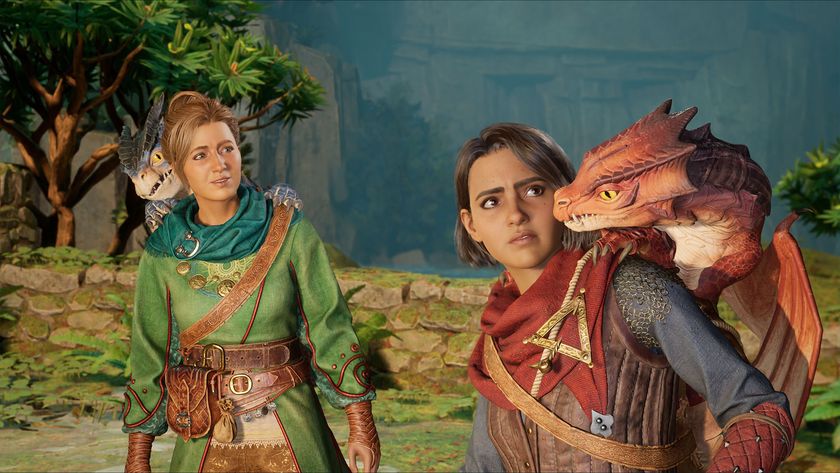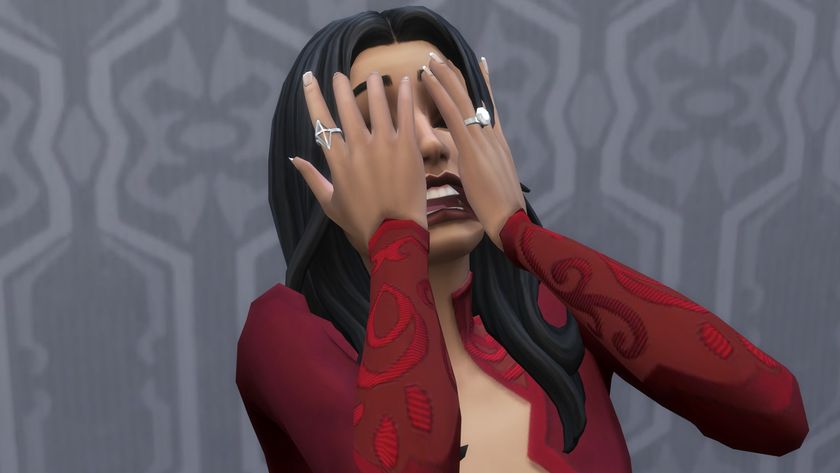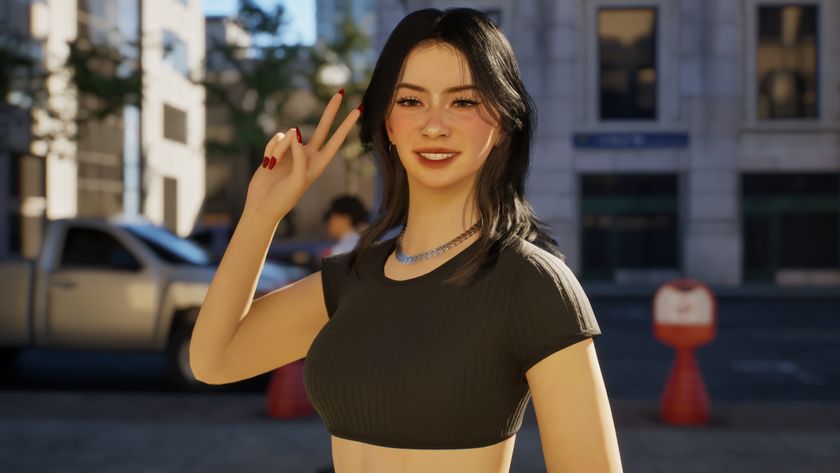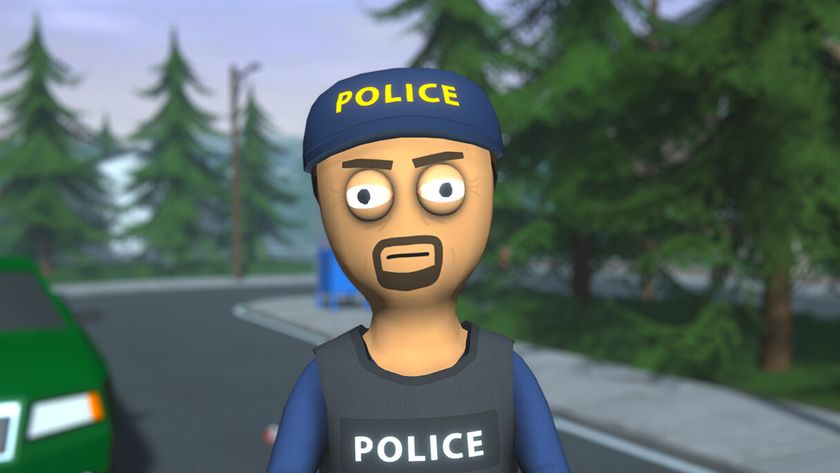Ms. Pac-Man is being written-out of Pac-Man history
Now she's Pac-Mom.
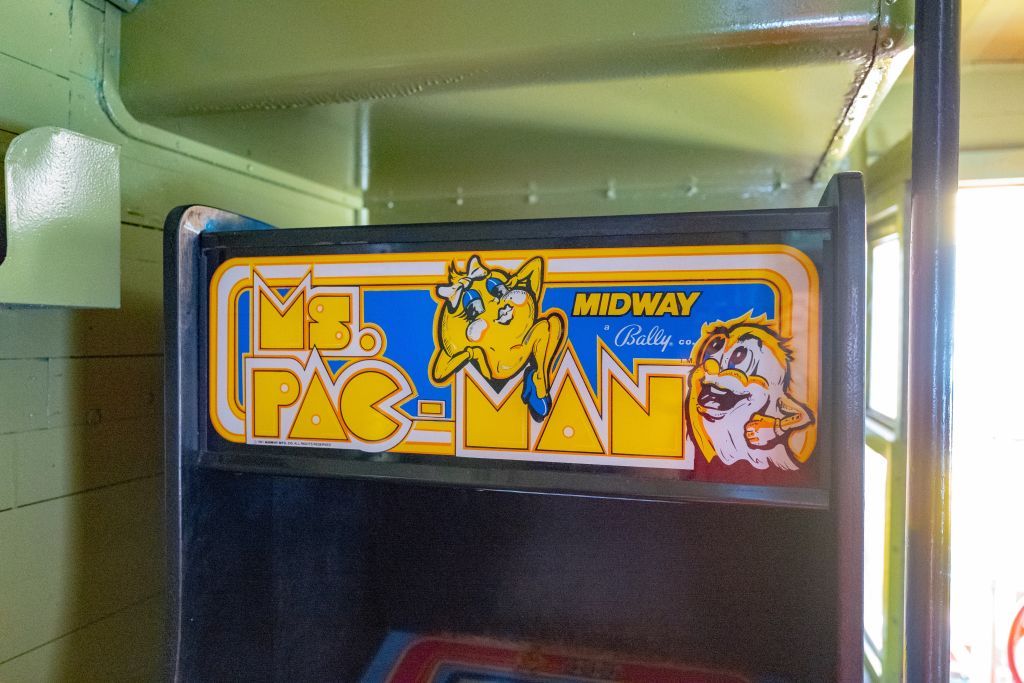
Due to an ongoing dispute over the rights to the character, Ms. Pac-Man has been removed from a re-release of Pac-Land—and replaced, in what looks like a permanent switch, with a new character called Pac-Mom. The last time we saw Ms Pac-Man in a re-release was 2014's Pac-Man Museum. Since then, Bandai-Namco has been in legal dispute with a company called AtGames.
This story needs considerable context, because what lies behind the Ms. Pac-Man game, the sequel to Pac-Man, is an unusual origin. The original Pac-Man arcade cabinet was released in 1980 and became the biggest smash-hit around, which of course led to clamour for a sequel as well as bringing it to the attention of what you might call early modders.
Essentially, the early arcade industry had an inventory problem: if a game sucked or didn't take off, you had a piece of bulky, heavy computer hardware worth thousands of dollars sitting around useless. Thus, both arcade developers and thirdparties produced conversion kits: hey presto, you've got a 'new' game by re-wiring the circuitry of the old one.
With Pac-Man, of course, the problem wasn't lack of sales: it was the lack of a sequel. Thus the General Computer Corporation, a company that made conversion kits for arcade cabinets, began developing what was called an 'enhancement' for the Pac-Man machine that was initially going to be called Crazy Otto.
Thanks to a lawsuit with Atari, during development GCC was barred from selling their conversion kits without permission from the original manufacturers. Thus, it approached Midway (Namco's US distributor). Midway saw gold, and the sequel it was desperate for. It bought the rights to Crazy Otto, and Namco worked to polish it up it for release as a Pac-Man game. Initially called Super Pac-Man, the decision was made to instead focus on his female counterpart, who was named Pac-Woman, then Mrs. Pac-Man, and finally Ms. Pac-Man.
OK: so the game gets released, it's a hit, everyone loves Ms. Pac-Man. Then Namco gets in a strop with Midway over whether it authorised the release of the game or not, and cancels its distributor agreement in 1984—the rights to Ms. Pac-Man went to Namco, but so did a commitment to pay GCC royalties when Ms. Pac-Man was used.
And that's how things ticked along for decades, until a company called AtGames got involved and, in late 2019, acquired the royalty rights from GCC (initially in order to make a mini-cabinet). Bandai-Namco did not like this one bit, and sued. The case was settled on undisclosed terms in 2020.
The biggest gaming news, reviews and hardware deals
Keep up to date with the most important stories and the best deals, as picked by the PC Gamer team.
Now comes a re-release of Pac-Land in a series called Arcade Archives and, as spotted by Nicholas Caballero, Ms. Pac-Man is out, and Pac-Mom is in.
so apparently I found out that the Arcade Archives release of Pac-Land that comes out tomorrow was modified to replace Ms. Pac-Man (as well as Baby Pac) to have the new Pac-Mom character from Pac-Man Museum +.look at what you did to us AtGames pic.twitter.com/gEDNpXGMfVApril 6, 2022
You can watch the scene unfold below. Pac-Man shows no emotion: it's as if Ms. Pac-Man was never there. Now there is only Pac-Mom.
Pac-Mom is not the wildest departure from Ms. Pac-Man: pink accessories rather than red, a hat replaces the bow, and she's got heels instead of boots. The kiddie has also been changed, with a rattle and flower, which is interesting. Canonically speaking, Jr. Pac-Man's first appearance was in Ms. Pac-Man, as a featureless baby Pac that is delivered via stork to Mr and Ms. Pac-Man. But! The kiddie Pac in Pac-Land is a different character, Baby Pac-Man.
So you could genuinely say Bandai-Namco's thrown the baby out with the Pac-water.
A collection of Pac-Man games called Pac-Man Museum Plus is due in May, and will feature 14 games from the series excluding—you guessed it—Ms. Pac-Man.
覚えていますよ。ミス・パックマンのキャラクターにも当てはまりそうですね。また、「パックマンミュージアム+」には「パックママ」というキャラクターがいることも特筆すべき点です。今回公開されたパックランドのスプライトは、このバリエーションがベースになっているようです。 pic.twitter.com/Z5XK0DyIwSApril 6, 2022
The reasons behind this change are unknown, though everything points to the rights dispute over the character being the proximate cause. I've asked Bandai Namco for comment on the situation and whether Ms. Pac-Man is being removed from the series permanently, and will update with any response.
You rarely get such a stark case of videogame history being rewritten, still less one where the character is so high-profile. Ms. Pac-Man was not just a commercial smash in the arcades, it was a genuinely fantastic spin on the original and remains well worth a few minutes of anyone's time. The game and by extension the character are such a huge part of Pac-Man history, and it's extremely sad both are just going to disappear from the, excuse me, Pac-Man extended universe.
To play devil's advocate, Bandai Namco is in a difficult situation too. Pac-Man is a Namco thing, it remains one of gaming's most recognisable icons, and will presumably be bankable for many decades to come: having profits continually siphoned off an entire franchise because of a licensing deal from the 1980s may have become more trouble than it's worth.
Ms. Pac-Man had a great run but, sadly, this really does look like Game Over.

Rich is a games journalist with 15 years' experience, beginning his career on Edge magazine before working for a wide range of outlets, including Ars Technica, Eurogamer, GamesRadar+, Gamespot, the Guardian, IGN, the New Statesman, Polygon, and Vice. He was the editor of Kotaku UK, the UK arm of Kotaku, for three years before joining PC Gamer. He is the author of a Brief History of Video Games, a full history of the medium, which the Midwest Book Review described as "[a] must-read for serious minded game historians and curious video game connoisseurs alike."
